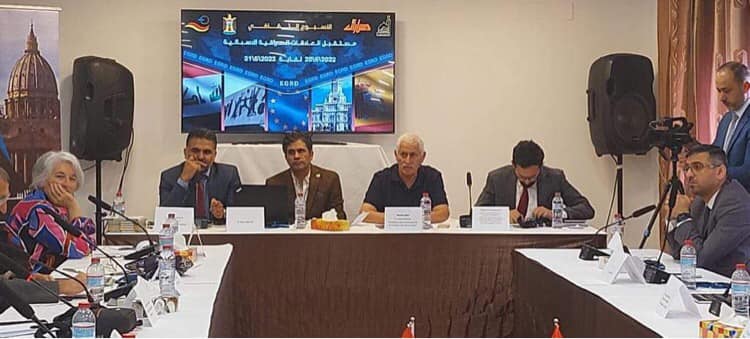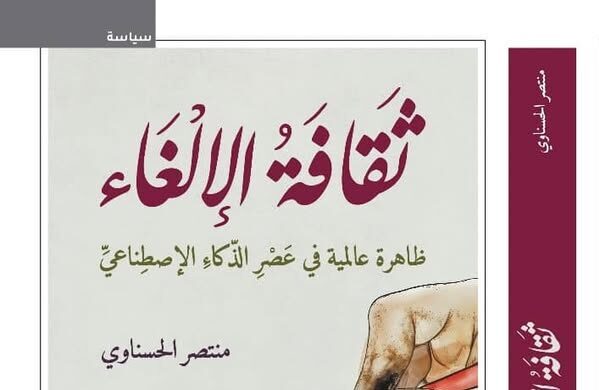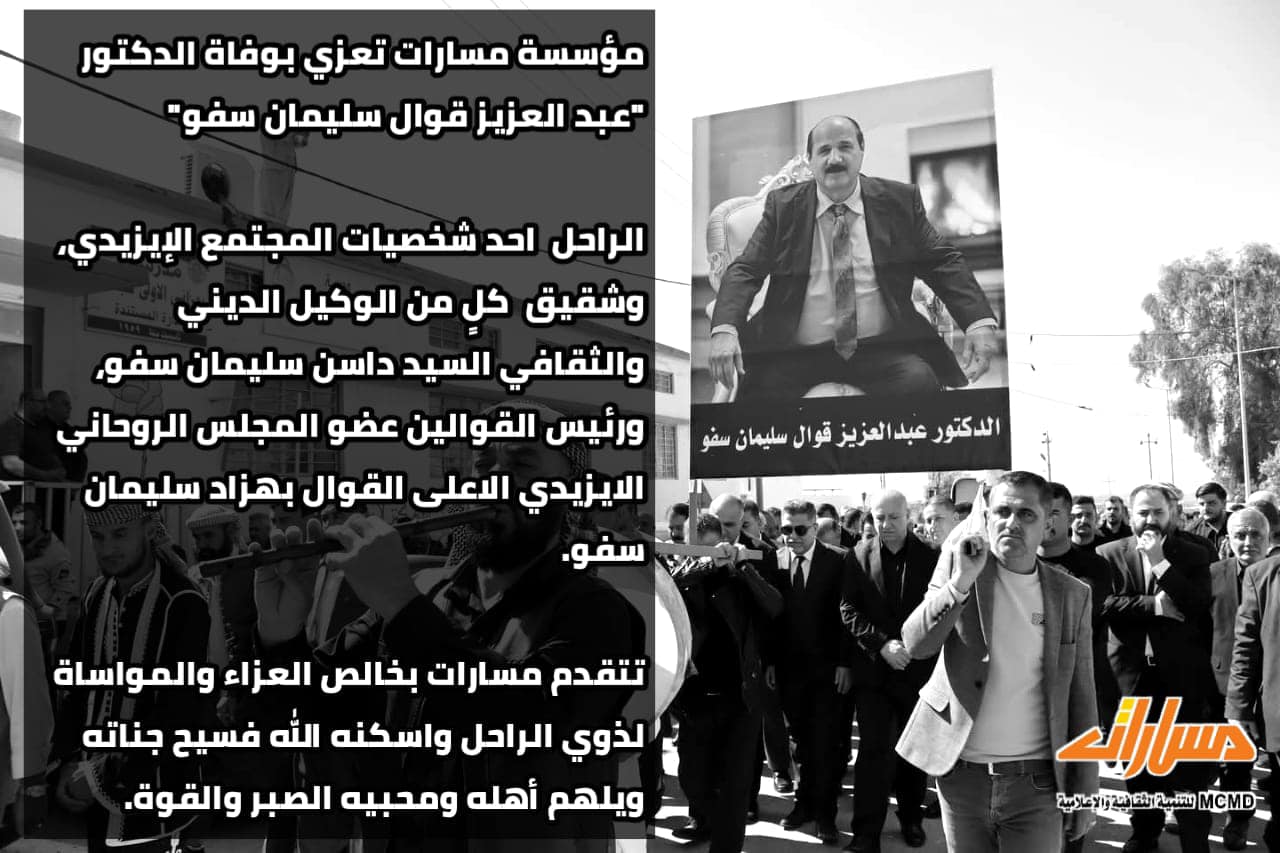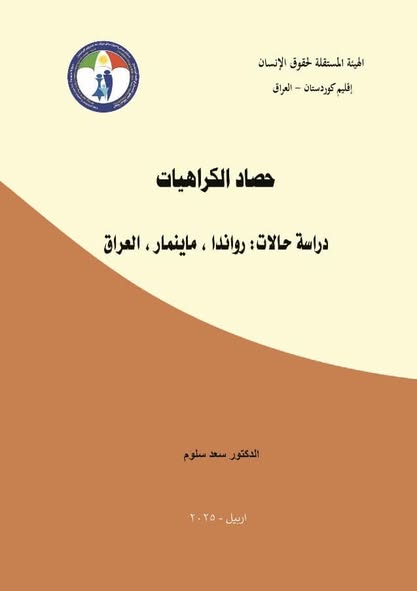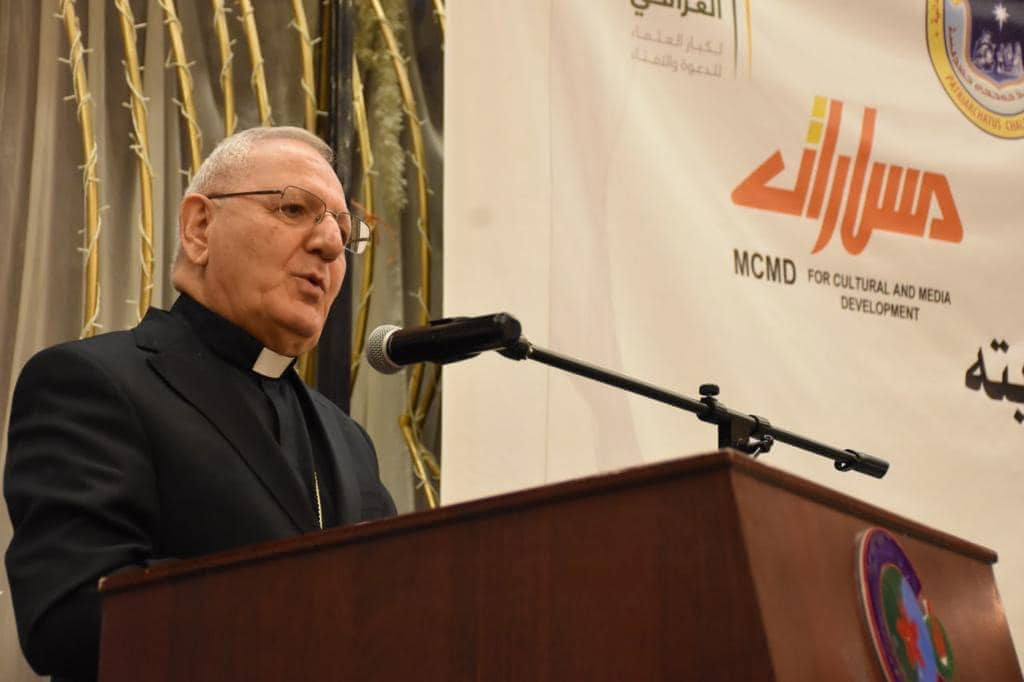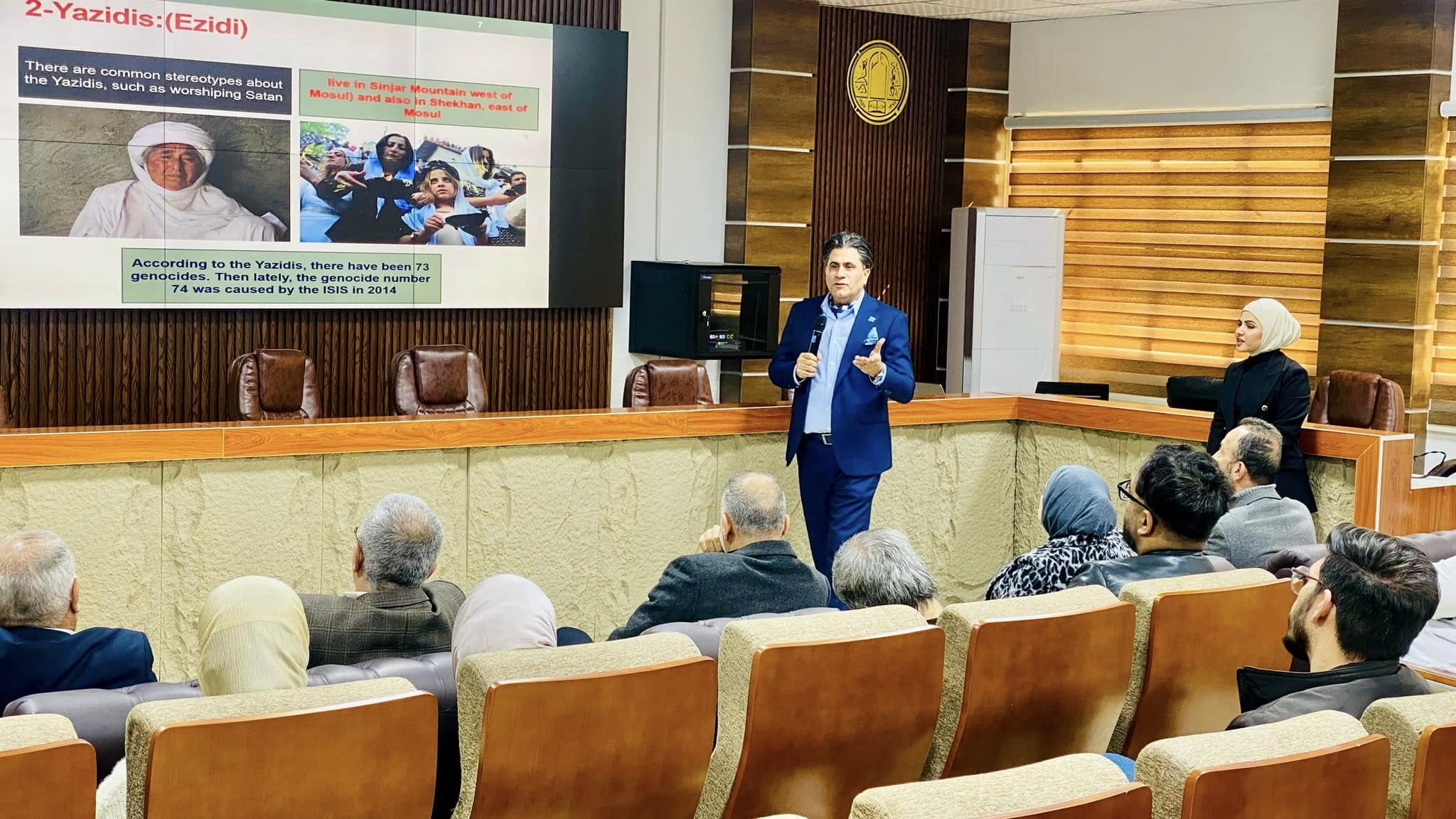The international cultural meeting was held in Madrid, the capital of Spain discussing the
future of the Iraqi-Spanish relations with the cooperation of Masarat and The European
Community of Religions.
The meeting attempted to establish a point of starting the Iraqi-Spanish relations through
creating a platform that supports the development of the relations between both countries
in all aspects. A discussion was started during the event between the participants of both sides
about the similarities and the creativeness between the two countries to get as many
advantages of comparing the experiences of the cultural aspect, the diversity management,
national identity and peaceful coexistence.
As the general coordinator of Masarat Saad Salowm mentioned, the meeting was
encouraged to be held because of the common similarities and engagements between these
two counties, especially since Iraq is now out of totalitarian rule that lasted for decades, and
still going on its harsh journey to reach out for democracy through the past 17 years. In a
similar situation, Spain was one of the last European countries to get rid of a totalitarian regime
after it was ruled by general Franco from the end of the Second World War in 1939 until his
death in 1975. After that, Spain turned into a constitutional monarchy.
Expressing his opinion, the manager of The European Community of Religions, Mentioned that
the meeting seeks to develop a deeper understanding of diversity and variety and the strong
meaning they hold, under the motto of (diverse and united). Spain is affected by a mixture of
cultures such as European culture, African, and Mediterranean cultures. That is why
Spain represents a great example of a country with vast cultural diversity. Same as Spain,
Iraq is considered to be a case of having a huge mixture and unity of effective and different
cultures that were gathered through many decades causing this country to be one of the
most culturally diverse countries in the middle east.
The head and general coordinator of the Islamic Council of Spain Isabel Romero refers to
the matter mentioned that the areas of collaboration should be a work of cooperation
between the elite of both countries, and that the people of Spain hold deep and sincere
feelings toward the Iraqi people.
On another side, the Archimandrite Demetri Seth, the Ecumenical Patriarch of Constantinople,
pointed out the importance of working on common means to support peaceful coexistence,
especially the rich heritage of religion of Iraq which is considered to be starting place for divine
religions. He also mentioned that he received a warm welcome from the Iraqi people when
he arrived there, not only from Christians but also from Muslims as well, as in Iraq, there is a
the great heritage of Christianity.
On a related level, the professor of Arabic language at Autònoma university Aighnatyus
Ghutirith Tiran emphasized the importance of diversity management to Spain taking into
account the violence the country experienced going through the ethnic cleansing, and that
Spain is now healing. Moreover, the professor also pointed out that Iraq may learn from the
experience of Spain, and Spain may also learn from the constitutional changes of Iraq. Then
he concludes that Spain has a big role in building bridges between The European Union and
Islamic Community.
As for Yassir Abdulhassan, the diplomat in the Iraqi embassy in Madrid, he confirmed
that it is very important to develop Iraqi-Spanish relations through historical
connections, considering Spain to be significant to Iraq in many cultural aspects. One
of these aspects is the language, as Spanish is currently the second most spoken
language (Spanish tops Mandarin in popularity) and that Spanish leads the cultural
production of all forms of dealing with this language; literature, art, cinema, etc. that
is why teaching Spanish in the schools in Iraqi and the Arabic world was encouraged.
The participants of the meeting generally confirmed the similarities between both the
Iraqi and Spanish experiences, that both the Spanish constitution of 1978 and the
Iraqi constitution of 2005 state that cultural and lingual diversity must be
preserved. In this context, it is important that the constitution does not only content
with the passive protection, but to obligate the public authorities to support the
cultural development for the ultimate benefit of the community.
Spain has gone through a long way since the constitution was adopted to work on
providing cultural infrastructure, promoting innovation, and organizing cultural
activities by all political bodies. This experience is extremely huge in interest to Iraq.
Furthermore, Spain holds the 3 rd spot among countries with the most sites that are
classified as world heritage by UNESCO. One of the biggest challenges is to
enhance the management of this heritage and combine it with the knowledge society.
The most efficient tool of management is what they call national plans that are
worked on by the Spanish heritage institute with the contribution of other parts.
Finally, in light of the rich cultural and religious heritage of the two countries, we
should ask how this rich cultural and religious heritage should be used to work on
organizing cultural activities on many levels. Also, we should figure out how to use the
cultures of those two countries to support them on an international level.
